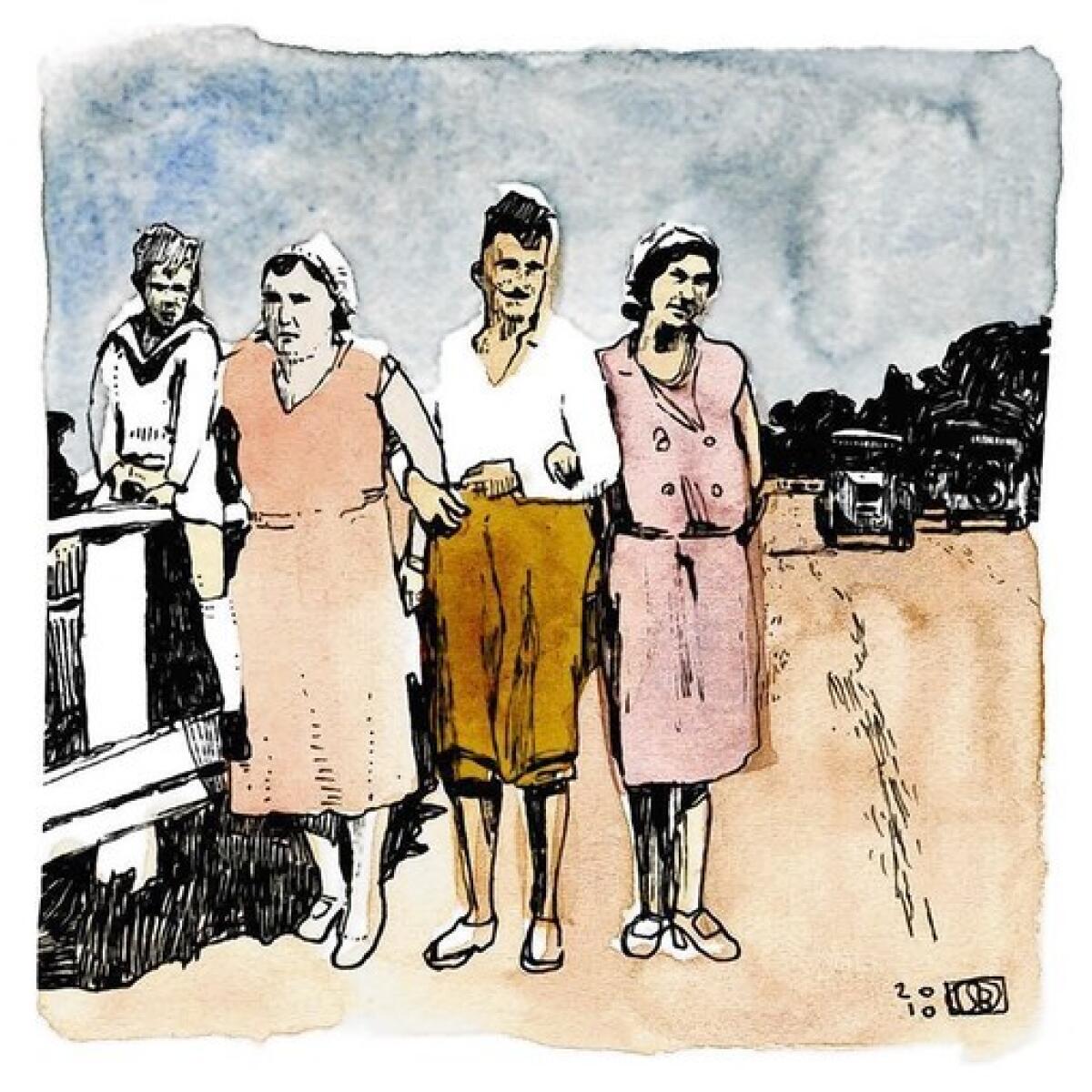Book Review: ‘Fall of Giants’ by Ken Follett

On the heels of his last novel, “World Without End,” which took place in the Middle Ages, Ken Follett sets his formidable fictive sights a mere 100 years ago in “Fall of Giants” (Dutton: 990 pp., $36). Blockbusters are Follett’s forte, and this latest, weighing in at nearly a thousand pages, is merely the first installment in “The Century Trilogy,” which takes on nothing less ambitious than the social and political story of the 20th century.
But even the grandest topics can do with some human faces to bring them to life, and Follett has chosen to tell his tale through five families, from England, Germany, Russia, the United States … and Wales! If this last choice seems at first glance a bit bizarre, it isn’t here. After all, the British Empire was led to victory in World War I by Prime Minister David Lloyd George, a Welshman born and bred. And perhaps more to the point, Follett was himself born a man of Harlech in Cardiff, which may explain why the Welsh sections of “Fall of Giants” stand out in boldface far more vividly than anything else in the novel.
Follett is a dedicated supporter of Britain’s Labour Party, and his wife, Barbara, was until this year’s election one of its members of Parliament. So it is not surprising that his novel is reliably progressive in its viewpoint, whether dealing with the struggle for women’s suffrage or the class system that sat so heavily on European society a century ago. Fictional characters are mixed in with real ones, but all are clearly drawn from life, making readers feel a certain comforting familiarity as they weave their way through all manner of turmoil and strife.
Unfortunately, there is a rote quality to “Fall of Giants” reminiscent of a picture painted by numbers: It lacks depth and is short on originality. Reading its stilted sentences as they unfold a predictable plot is rather like biting into a luscious-looking cake only to find that, despite all its decorative embellishments, it has neither the requisite flavor or texture to satisfy.
Rubin is a critic and the author of “Sarah Gertrude Millin: A South African Life.”
More to Read
The biggest entertainment stories
Get our big stories about Hollywood, film, television, music, arts, culture and more right in your inbox as soon as they publish.
You may occasionally receive promotional content from the Los Angeles Times.






